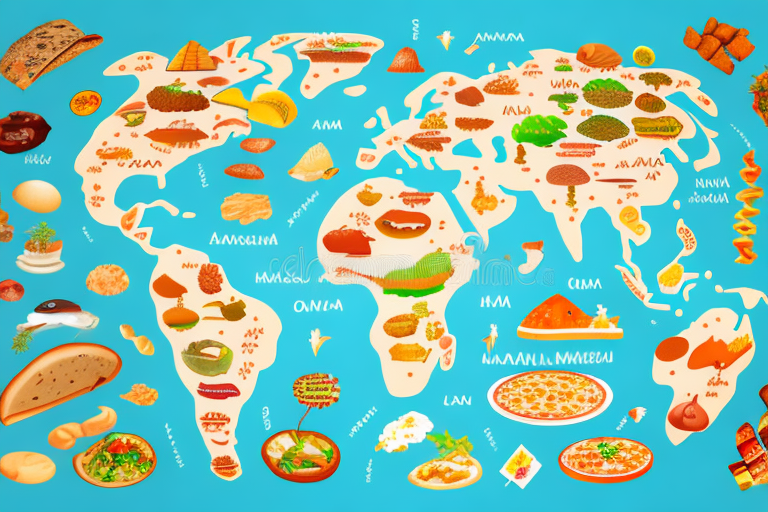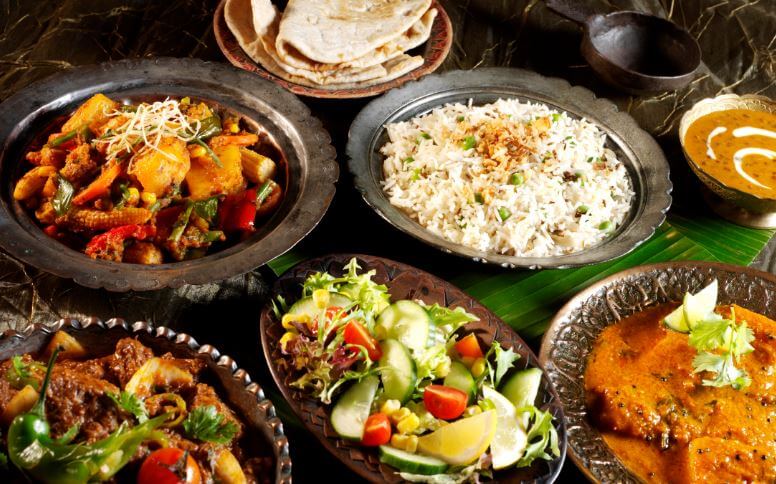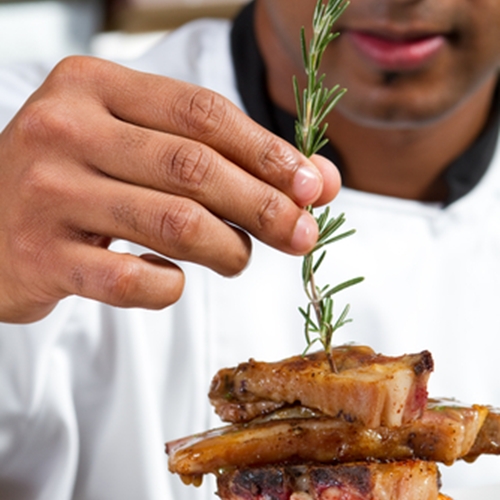Exploring the World Through Travel and Food
Travel and food have always gone hand in hand, with each new destination offering a chance to discover culinary delights that are unique to that region. Whether it is the fiery spices of India, the hearty meat dishes of Germany, or the vibrant street food of Thailand, experiencing a culture's food is one of the best ways to truly immerse yourself in its local traditions.
The Connection Between Travel and Food
Food is not just about nourishment, but also serves as a source of cultural identity for people around the world. A region's cuisine is shaped by its history, geography, and the local produce available. Thus, exploring a culture's food through travel allows you to gain an understanding of the region's traditions and the people who call it home.
When you travel to a new place, one of the best ways to experience the local culture is through its food. By trying new dishes and exploring local markets and restaurants, you can gain a deeper appreciation for the region's history and traditions.
How Food Reflects a Region's Culture
The food of a region is a reflection of its culture. For example, the use of aromatic herbs and spices in Indian cuisine is a reflection of the country's rich history of trade and commerce, while hearty stews and roasts are staples of English cuisine, shaped by the cooler climate and the availability of meats.
Food also reflects a region's social and economic status. In many developing countries, street food is a staple of the local diet, providing affordable and convenient meals for workers and families. In contrast, high-end restaurants in developed countries offer a more refined and luxurious dining experience, catering to a wealthier clientele.
Additionally, the way food is prepared and served also reveals cultural values. In many countries, meals are a communal affair, with dishes shared among family or a group of friends. This highlights a culture's emphasis on togetherness and generosity.
The Role of Food in Building Relationships
Food has the power to bring people together, transcending language and cultural differences. A shared meal is an excellent way to connect with others and find common ground. Breaking bread with locals can also lead to unexpected adventures and unique experiences.
When you travel, it's important to be open to trying new foods and sharing meals with locals. This can lead to new friendships and connections, as well as a deeper understanding of the local culture.
The Evolution of Culinary Traditions
Cuisine is not static but is constantly evolving. Food traditions are passed down from one generation to the next, with each new iteration influenced by the changing times. For example, many traditional dishes in Italy were born out of poverty, with chefs relying on simple yet flavorful ingredients to make the most of what was available.
However, globalisation has also led to the emergence of fusion cuisines. For example, Thai cuisine has been fused with French techniques to create the renowned Thai-French fusion cuisine, which is widely popular in high-end restaurants.
As travel becomes more accessible and people become more open to trying new foods, culinary traditions will continue to evolve and change. This creates an exciting opportunity for foodies and travelers alike to explore new flavors and experiences.




Comments
Post a Comment